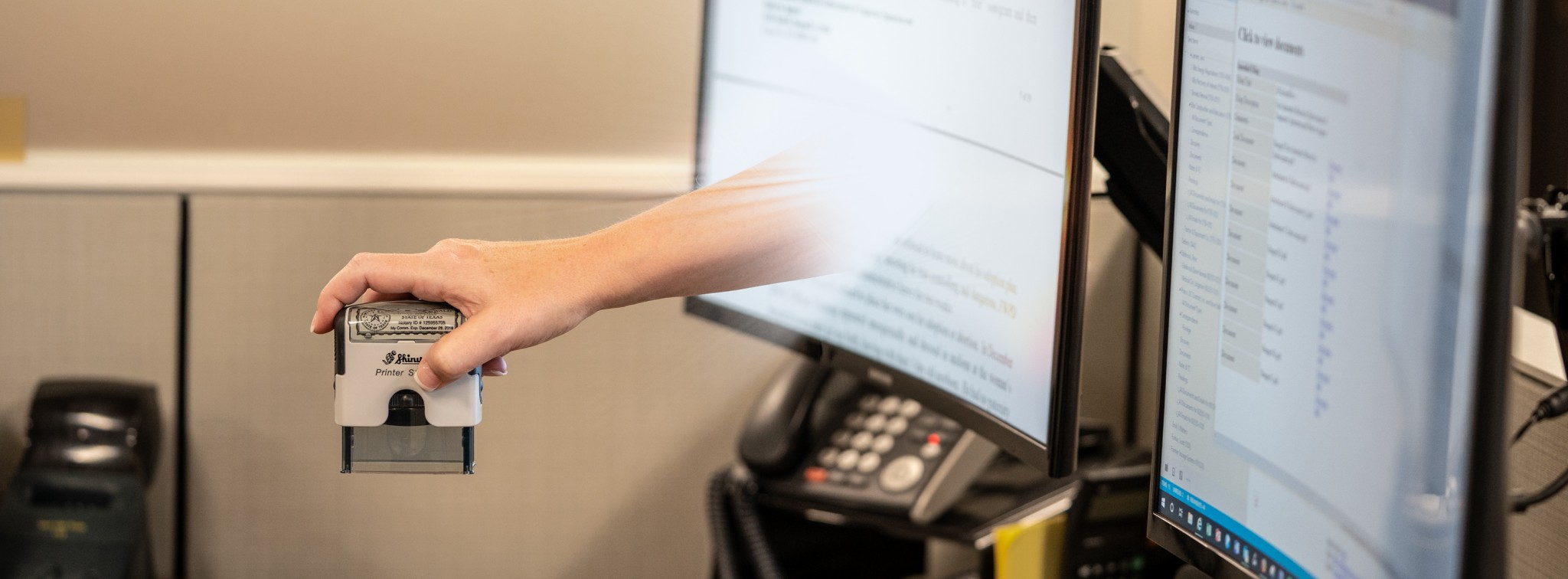With property value increasing in Collin County, there has been a surge in those interested in investing in real estate. Gaining particular interest from investors are tax foreclosure properties. This is in large part because in Texas, a successful bidder at a tax sale will either acquire full ownership of the property, or collect a large interest premium from the redeeming homeowner. But, while foreclosure sales may seem like a quick and easy way to get a great deal on an investment property, those who don’t adequately research the title before buying can find themselves saddled with more than they bargained for.
Once a bidder is successful, he or she receives a Constable’s Deed to the property, but is not guaranteed ownership. The winning bidder does not have a clear title, but instead takes subject to the homeowner’s right of redemption. For a specified period of time, depending on the type of property, the delinquent taxpayer has the right to buy back, or “redeem”, the property at a premium. This is called the right of redemption. This redemption period may be as short as 180 days or can last for years. Most title companies will not provide title insurance until the redemption period is over, making it very difficult to resell your newly acquired investment property until that time.
If that isn’t enough to disarm a potential investor, it’s also important to remember that a successful bidder also becomes responsible for any surviving liens. While most tax foreclosure properties won’t have a mortgage lien, it’s not uncommon to see mowing liens, judgments, IRS claims, or additional property taxes that are now the responsibility of the buyer. Additionally, if the property is an occupied home, the buyer is now responsible for removal of the occupant, at their own expense. This typically involves filing a forcible entry and detainer suit against the previous homeowner.
While this investment pursuit is fraught with risk, and is not recommended to the novice real estate investor, it can yield a bargain from time to time. Best practice would be to do your homework prior to bidding on any foreclosure property. Contact a title company several days prior to the sale and have them research the title.
Also, if you are the successful bidder at the sale, determine the redemption period and don’t make any improvement until after that period ends. If the property is redeemed, the redemption amount will only include the amount paid for the property and anything spent by the purchaser for maintaining, preserving, and safekeeping the property. It does not include any cost of improvements. Thus, it’s best to wait out the redemption period if you intend on investing any additional money into the property itself.
Prepared by the offices of Richard Abernathy, this article should not be construed as legal advice related to any specific facts or circumstances. Although this article covers legal subjects, it is intended to educate readers and not to provide advice that will be the basis for action or inaction in any specific circumstance. Viewing these materials does not create an attorney-client relationship between Abernathy, Roeder, Boyd & Hullett, P.C. and the reader or the reader’s institution. For circumstance-specific legal advice, please directly contact a licensed attorney.





Leave A Comment